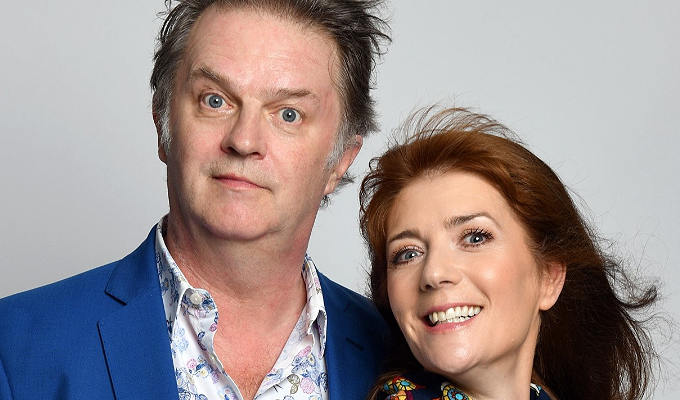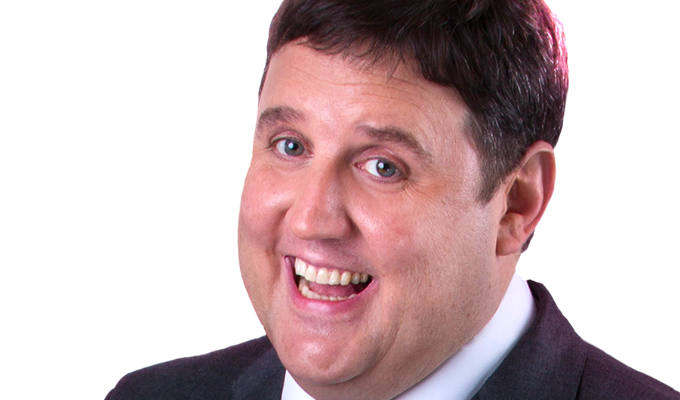 © Fox
© Fox How TV jokes about sexual exploitation
'It's grotesque' say campaigners
Underage girls are more likely to be the butt of sexually exploitative jokes in sitcoms than adult characters, a new report has found.
A study of American TV series found that if a comedy scene involved sexual content, the likelihood of it being about exploitation was higher for characters under 17 (43 per cent) than for adults (33 per cent).
The Parents Television Council pressure group viewed 238 sitcom and drama episodes that aired over four weeks in primetime.
They found that 63 per cent of them contained what they deemed ‘sexual content associated with females’ – although they did not produce similar figures for male characters.
And they said that 33 per cent of the episodes contained sexual content that rose to the level of sexual exploitation. Of that third, 37 per cent were intended to be humorous – meaning that in total 12 per cent of American TV programmes make jokes about exploitation.
Common subject were pornography and stripping, where two-thirds of all such references were humorous, but there were also gags about sexual harassment, and one case making light of sexual violence.
The campaign group – which has a conservative ‘clean-up TV’ agenda – concluded: ‘The findings potentially reveal a troubling media trend of: a) creating younger and younger sexually exploited female characters; and b) presenting sexually exploitative dialogue and depictions of these young girls through a comedic lens which allows the audience to laugh at what would otherwise generate a sobering social response.’
And they said their study raises critical questions, including: ‘When, and in what context, is it socially and morally acceptable to laugh at the sexual exploitation of a child (or, for that matter, of an adult)?
‘What is the impact of associating humor and sexual exploitation in televised programming and labeling it “entertainment?” To what extent is sexuality being defined by the degradation of women and young girls? How are the expectations of young males shaped by these images, messages and ideologies?’
The study quoted some examples, such as a scene from Family Guy when teenager Meg is auctioned as a sex slave with the announcer saying: ‘This girl is perfect if you want to buy a sex slave, but don't want to spend sex-slave money.’
Others include a strip-poker scene from Glee, a scene from the Office in which Dwight reads out an email saying: ‘There's no way he hasn't strangled at least one stripper’ and a line from Two And A Half Men where Alan says: ; I’m gonna need a bucket of ice, a bottle of scotch, and two Asian hookers. You know what? They're small. Make it three.’
It also cited several dramatic examples, including several scenes from Law & Order: Special Victims Unit, which is about sexual crimes.
Parents Television Council president Tim Winter said: ‘Today’s report is intended to shed light on a new and very troubling trend we’re seeing: There is a growing amount of primetime television programming that is sexually exploitative; and much of that content is being used as a punch line to a joke.’
‘Sexually exploiting minors on TV – especially for laughs – is grotesquely irresponsible and must end. When we laugh about dead hookers, it becomes increasingly difficult to see the mistreatment of sex workers as a national civil and human rights issue. The same can be said for child molestation or sex trafficking.’
The council was set up in 1995 to campaign for what it describes as ‘responsible, family-friendly’ shows on TV and has lobbied broadcast watchdogs and advertisers over what it considers harmful programming. Shows it has previously protested against include Ally McBeal, House, Will & Grace, Ellen, Friends, and Spin City.
Published: 10 Jul 2013






